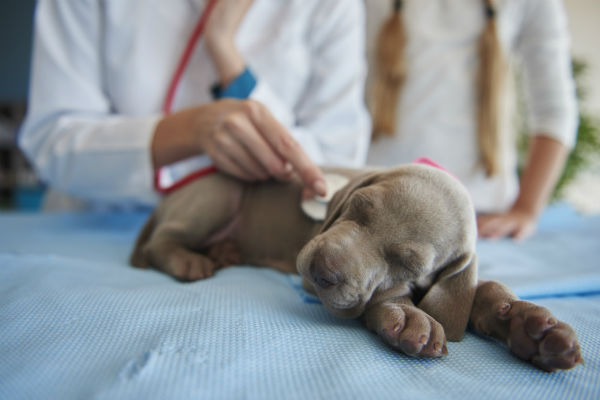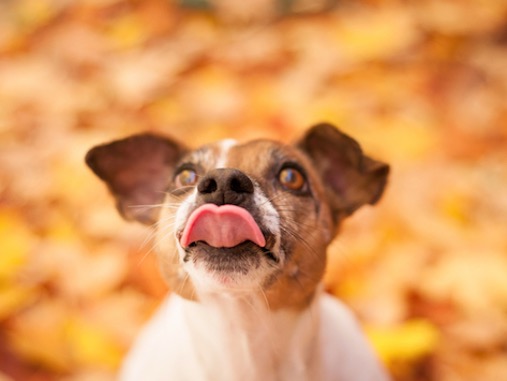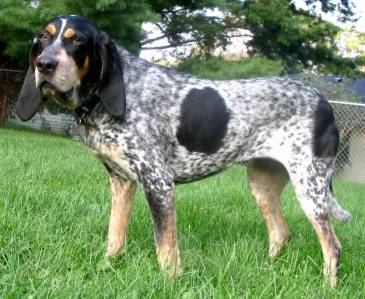Connect with a verified veterinarian in minutes. Licensed vets are available 24/7 to answer your questions. No need to worry about your furry family member.
Have you heard of a dog illness called parvo? If not, then it’s important to read this article to learn about this devasting disease.
What is Dog Parvo?
The official name for “dog parvo” is canine parvovirus (CPV) infection. It’s commonly referred to as “parvo.” Parvo is a very contagious viral disease that affects dogs. It is especially harmful to puppies between the ages of six weeks and six months of age.
The virus comes in two forms:
- Cardiac: the virus attacks the heart muscles of young puppies
- Intestinal: the virus causes severe gastrointestinal issues
The virus is easily caught. This is because the virus can live for long periods on surfaces, including kennels, floors, food & water bowls, collars, leashes, harnesses, as well as the hands, clothing, shoes, and more of humans who are in contact with infected dogs.
What’s more, the virus is resistant to just about everything, including heat, cold, humidity, and drying. It can live for long periods in an environment. The virus can even be transferred by the hair or feet of dogs, contaminated cages, dog toys, shoes, and more. It’s really bad news for dogs who get this.
How Do Dogs Get Parvo?
Dogs, including puppies, can catch parvo when in direct contact with infected dogs, their feces, or indirect transmission (from surfaces, humans who have handled infected dogs, and more). Puppies can even catch parvo from their mothers.
Puppies, until they’re about six weeks old, have their mother’s antibodies, which protect them from certain illnesses. If the mother has had all her parvo vaccinations, then the puppies are protected until they reach the age of six weeks.
Puppies are usually vaccinated for parvo when they reach the age of six weeks, eight weeks, and 12 weeks of age. Until they’re completely vaccinated, the puppies are not safe from becoming infected with the illness.
Many puppies who are being weaned are more susceptible to parvo. This is because the weaning process is a little stressful for the puppies. Anything that causes stress can weaken the puppy’s immune system. This can lead to a very severe form of parvo in puppies.
There are also certain dog breeds that are more prone to catching parvo:
- Labrador Retrievers
- English Spring Spaniels
- German Shepherds
- Doberman Pinschers
- American Staffordshire Terriers
- Rottweilers

Review symptoms, medications & behavior to keep your pets healthy with a Vet Online in just minutes.
Ask a Vet Live NowHow Long Are Puppies with Parvo Contagious?
That’s a great question. The answer is that puppies can start to shed the virus within 4-5 days after they’ve been exposed. However, they may not show symptoms until later, which means the pet parents may not see anything wrong with the puppy until it’s very sick.
Symptoms of Parvo in Dogs & Puppies
You may notice these symptoms if your dog or puppy has become infected by the parvovirus:
- Severe, bloody diarrhea
- Lack of appetite
- Fever
- Vomiting
- Severe weight loss
- Dehydration
- Red, inflamed tissue around the eyes and mouth
- Rapid heart rate
- Pain/discomfort
- Low body temperature
If you notice any of these signs or symptoms in your dog or puppy, then call the vet immediately. This is a medical emergency. Most deaths from parvo happen in the first 48-72 hours, so getting your dog or puppy treated as soon as possible is essential.
Treatment of Parvo
When you reach the vet’s, they will perform a full physical exam of your dog or puppy. They will also order lab tests, including fecal testing, to confirm the diagnosis.
There’s no specific medication available to kill the parvovirus So, treatment will be geared to supporting the dog or puppy as their immune system fights the viral infection. This means treatment can include an IV to replace fluids lost from vomiting/diarrhea. The vet may also use medications to control these two symptoms.
Dogs and puppies are usually kept warm and require lots of care.
What’s sad is that some dogs and puppies will die, even if they receive treatment and care for parvo. This is why it’s important to call the vet at the first signs of illness. The survival rate can be as high as 90% if the dog or puppy receives prompt medical care.
Dogs or Puppies with Parvo Must Be Isolated
Dogs or puppies who have parvo must be kept from other canines. The infected dogs or puppies can easily spread the parvovirus to other dogs. And contaminated kennels/crates must be thoroughly disinfected before they can be used to house another dog.
Because the virus is not easy to kill by cleaning, it’s a good idea to check with the vet on methods and cleaning agents that are effective against parvo.
Is It Possible to Prevent Parvo?
Yes! There are two main ways to prevent the spread of the parvovirus. One is through excellent hygiene, and the other is through vaccination.
This is why it’s essential for puppies to have their shots on time. Puppies must have the full series of shots in order to be completely protected against parvo. It is possible for a puppy, who is mid-way through their vaccines, to catch parvo.
When it comes to adult dogs, they do require booster shots, which must be up-to-date in order for the canines to have full protection.
In addition, it’s best to keep your dog or puppy away from the fecal waste of other canines when out walking or playing. Canine vomit and diarrhea are also health hazards, so be sure to watch for these when you’re out and about with your fur baby. And unvaccinated dogs should not be around any dogs that are ill or who are not fully vaccinated.
What’s more, people who have been in contact with sick dogs should not handle other dogs. They must wash their hands and change clothes before they can safely be around other dogs.
As you can see, canine parvovirus is a very serious sickness for dogs and puppies. With care, proper hygiene, and keeping vaccinations up to date and on schedule, you can keep your fur baby from catching this terrible illness.
And if your dog does become sick, then calling the vet and getting your dog or puppy treated right away could save their life.
Connect with a verified veterinarian in minutes. Licensed vets are available 24/7 to answer your questions. No need to worry about your furry family member.

Tom
Tom has always loved to write since he was little - he wanted to be either a writer or a veterinary doctor, but he ended up being a professional writer while most of his works are based on animals. He was born in San Francisco but later moved to Texas to continue his job as a writer. He graduated from the University of San Francisco where he studied biotechnology. He is happily married and a soon to be father!
Review symptoms, medications & behavior to keep your pets healthy with a Vet Online in just minutes.
Ask a Vet Live Now




